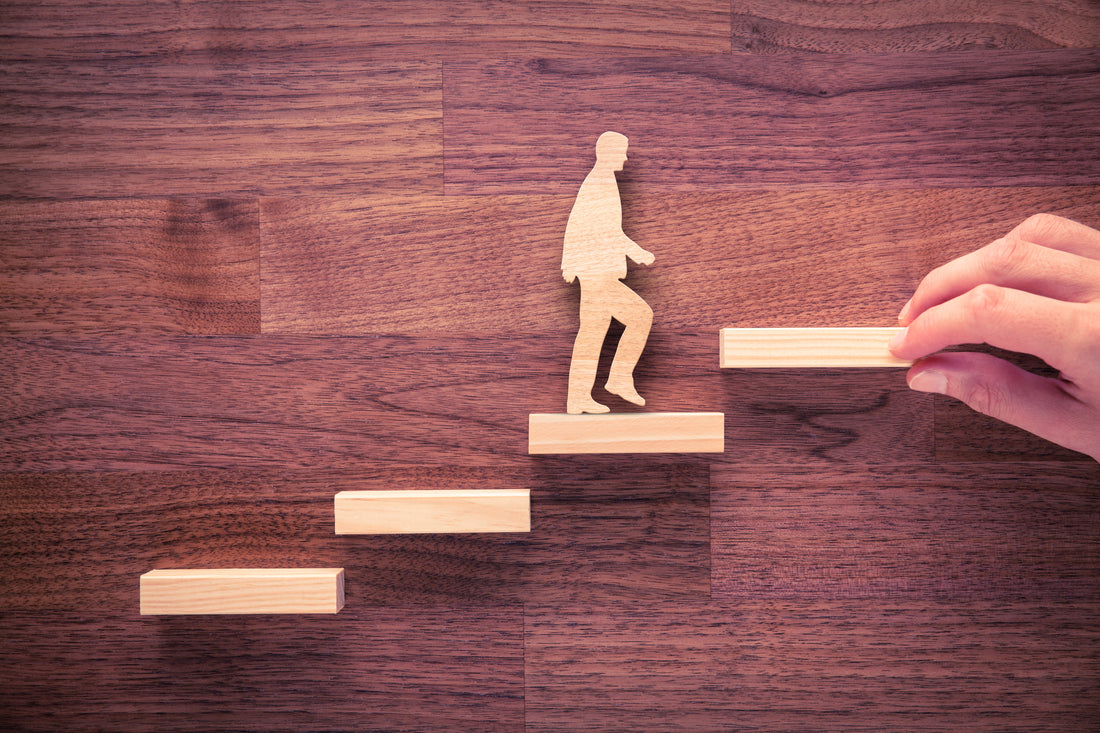
A-B-C
Dr. Linda HancockHave you ever wondered why people do the things that they do?
It's interesting to know that five people can have the same stressful situation happen and yet each of them responds in a different manner. One might get drunk. Another might feel suicidal. A third person goes to see a therapist while the fourth talks about it to a friend. The fifth person doesn't seem to even notice and just carries on.
All of us have things that happen to us. Let's call a specific situation "A". The way that we respond to the situation will be called "C" and, as already mentioned, responses can vary greatly from one person to another.
What affects the person's behaviours is the way that s/he perceives "A" as it is filtered through their unique belief system. Beliefs are learned from others and from one's surroundings. Things like culture, environment, socio-economic status, age, education and politics therefore influence the development of one's belief system.
A severe winter storm (A), for example, would mean different things to different people. A child might welcome it because it means fun sledding time while a senior who is afraid of falling would dread it. A company that does snow blowing would be thinking about profits while an hourly employee might be concerned about not being able to get to work. An immigrant from a hot climate might be traumatized!
Each of us carries beliefs from childhood into adulthood and sometimes we adopt the beliefs of parents or others without question.
Researcher Reginald Bibby, who is the author of "Fragmented Gods" states that when some non-churched individuals were asked about their religion they replied by naming the denomination of their grandparents. Many people support a political stance because that is what their parents did. Some choose a career or college without considering options because friends or relatives had already made a similar choice.
There is a funny story about a woman who went to the butcher and asked him to cut the end off a ten-pound roast. When the butcher asked why she wanted this, the woman said "I don't know but that's what my mother always told her butcher". She then decided to ask her mother about this and was surprised to hear her say "I don't know. That's what my mother always asked for". The two women decided to talk to grandma and were given a simple explanation. Grandma said "My pan is too small to hold a ten-pound roast!"
Not everyone knows why they do the things they do and often they don't even think about other options until they are in trouble or until someone questions them.
What are the things that you have been doing over and over again, without thought, for years? Are there ideas in your belief system (B) that have been causing you to make some bad choices (C)?
The good news is that today each of us can begin to make positive changes in our lives with three simple steps:
1. Get honest with yourself. Write down the things that aren't working very well for you (C).
2. Identify and list the beliefs (B) that are contributing to these unwanted behaviours.
3. Talk to a professional who will help you.
Before you know it, you will have healthier beliefs (B) and fulfilled goals (C) despite what happened or happens to you (A)!
Time to begin!
